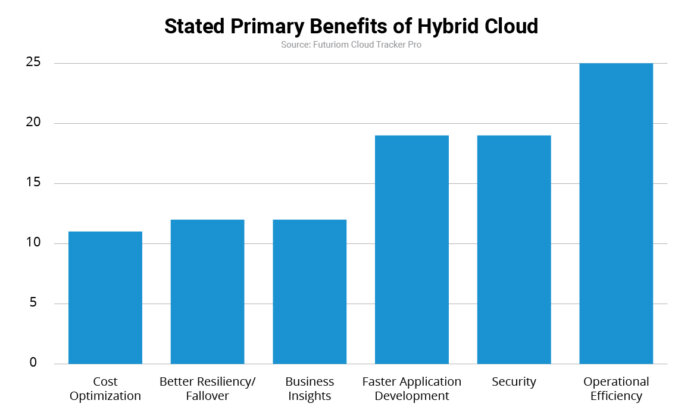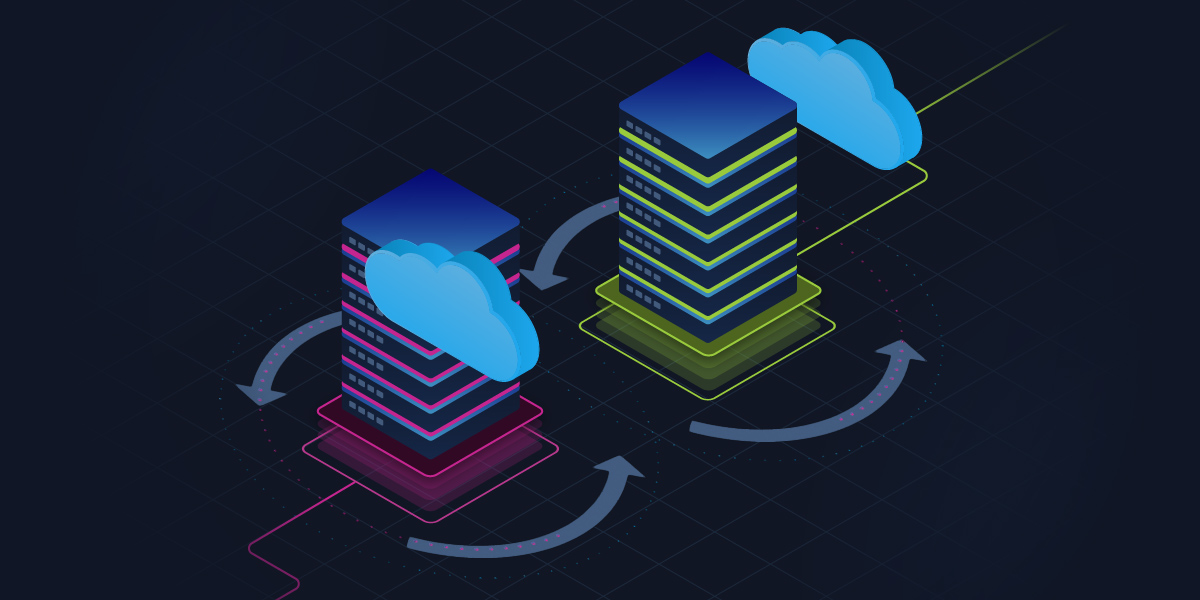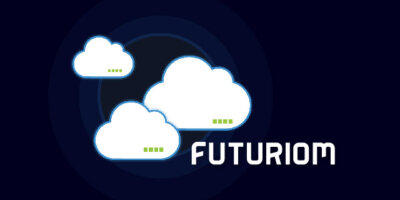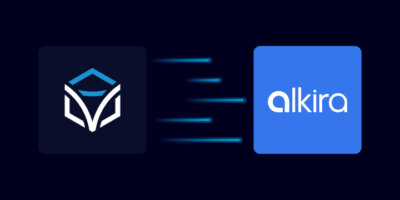Futuriom, a leading research and analyst firm for cloud and networking technologies, recently released their annual report, “The Future of Hybrid Cloud Automation and NetDevOps.” The report outlines the key drivers pushing the industry toward hybrid cloud architectures and the technologies that support the shift — vital insights for technology leaders looking to get the most out of the cloud.
This year, one significant new addition to the key technologies featured in the report is NetDevOps. An approach that involves bringing NetOps and DevOps practices and tooling together to foster collaboration, efficiency, and automation, NetDevOps is not so much a single technology — it’s more of a movement or a rethink, involving both new tools and new strategies for network management. As the lines between cloud and traditional networking blur, NetDevOps is becoming crucially important. Automation that extends beyond a simple network change requires the more programmable, integrated approach that NetDevOps can provide.
To dive right into the details, you can check out the full report for free here. Below, I’ll share some highlights on the major factors driving hybrid cloud adoption before getting into the important takeaways for technology leaders.
Key Drivers: Why Hybrid Cloud Is On the Rise
Futuriom’s report indicates that across the board, IT managers, executives, and architects are interested in moving to hybrid and multi-cloud architectures. Broadly speaking, the increased interest is driven by a desire for “better flexibility, scale, and lower cloud costs” compared to the more monolithic single-provider approach of several years ago. With the hybrid approach, IT, network, and cybersecurity teams can “manage assets and applications on premises, in a cloud, or in multiple clouds.”
Why is this important? First, there’s practical reality to consider. From a cost perspective, using a single cloud provider doesn’t scale as well as a hybrid multi-cloud model. And from a technology and organizational perspective, it’s likely that different IT teams in any given organization leverage different cloud providers to suit their own specific needs — so from a leadership lens, integrating existing resources becomes more practical than dictating a wholesale switch.
There’s also the rising importance of hybrid applications and rapid development. “Because many of the software development tools are in the cloud,” states Futuriom, teams need “a more flexible multi-cloud and hybrid cloud system that can develop, deploy, and run code wherever it’s most effective or efficient.”
Finally, a hybrid cloud architecture gives organizations more freedom and flexibility. They can leverage the speed, efficiency, and automation support that cloud resources offer while avoiding vendor lock-in, maintaining control of data and resources that must remain on-prem, and ensuring they can stay on top of security needs.
Futuriom’s analysis of 30+ leading hybrid cloud implementations showed these top goals and benefits:

In short, it’s about flexibility, resource optimization, and gaining more control over your own infrastructure.
Because of all the potential advantages, hybrid cloud is an important priority for most organizations. However, the shift comes with its own challenges. Organizations looking to make the most of hybrid cloud architecture will need to build a cohesive strategy, supported by key emerging technologies that enable automation across the entire ecosystem.
The Importance of Automation Tooling for Hybrid Cloud Architectures
The shift to hybrid and multi-cloud promises more options and significant benefits, but without the right technologies in place, common challenges can leave teams and organizations struggling to get the most out of it.
With hybrid cloud comes increased scale. There is a vast array of resources in any hybrid cloud deployment, and “the amount of data, connections, and storage resources will exceed the capabilities to respond to problems in real-time.” Therefore, technologies like multi-cloud networking, NetDevOps, and integration-first automation tooling will deliver significant benefits.
Security is also a potential challenge. While keeping sensitive data on-premises can be more secure than going to public cloud, access control can be hard to manage across distributed environments. Leaders should look to automation solutions that enable security procedures to be baked into any given orchestrated change process.
There are many different technologies emerging across the market to support the rise of hybrid cloud. Cost management goals have created a market need for more comprehensive cloud management platforms (CMPs) and FinOps tools. Availability concerns lead to investment in redundancy strategies with techniques such as cloud bursting. Hybrid application development means a higher priority on containers. And so on. As Futuriom’s report clearly outlines, the rising desire for hybrid cloud architectures is creating the conditions for innovative technologies to rapidly develop, emerge, and mature, enabling forward-thinking organizations to meet their automation goals.
The Rise of NetDevOps for Hybrid Cloud Automation
One of the most important technological components of hybrid cloud automation is an integrated approach to network automation. “Networks underlie everything happening in the cloud,” Futuriom states, “and the technology is often more difficult to integrate.” The unique combination of connectivity, security, and information/monitoring used to automate network operations must be folded into the larger infrastructure ecosystem as a whole.
NetDevOps is an approach, bringing DevOps tools and practices into NetOps to build a new, automation-first approach that can more easily collaborate with other IT teams. A team that has successfully implemented NetDevOps is one that can manage and automate networks across any vendor and any domain. They leverage APIs for integration and programmability, Git repositories for configuration source of truth, and pipelines for repeatable automated testing, usually by using a comprehensive platform like Itential that offers everything in a single centralized interface.
Adopting NetDevOps brings network automation into the application development process early “so that an application can understand the infrastructure needs and be programmed to create networking resources on demand.” In addition, NetDevOps enables interactions between applications and the network environment to be dynamically monitored and adjusted due to the more unified, integrated toolset it provides.
How Tech Leaders Can Approach Hybrid Cloud Automation
Futuriom’s report details the rise of hybrid cloud architectures driven primarily by the need for more flexibility, scalability, and control. NetDevOps has emerged as a pivotal solution, seamlessly integrating NetOps and DevOps practices so that hybrid cloud automation can be approached in a centralized, standardized way. Embracing NetDevOps empowers organizations’ varied IT teams to navigate complexities, optimize automation, and fully leverage the benefits of hybrid cloud ecosystems.
Itential’s own software is a market leader for NetDevOps and automation across diverse infrastructure, earning us recognition throughout Futuriom’s report. Our platform can leverage API documents to automatically integrate with every piece of your infrastructure, and Itential automations can be called from environments such as DevOps pipelines so cloud teams can leverage the software without swivel-chairing. With these advantages, Itential is the leading choice for organizations looking to adopt hybrid cloud architectures, enabling automation at scale and a future-proof approach to integration.
For a deep dive into how hybrid cloud has risen in popularity, why it is so important, and what technologies are needed to support it, check out the full Futuriom report here.
Tags: Futuriom Hybrid Cloud NetDevOps





